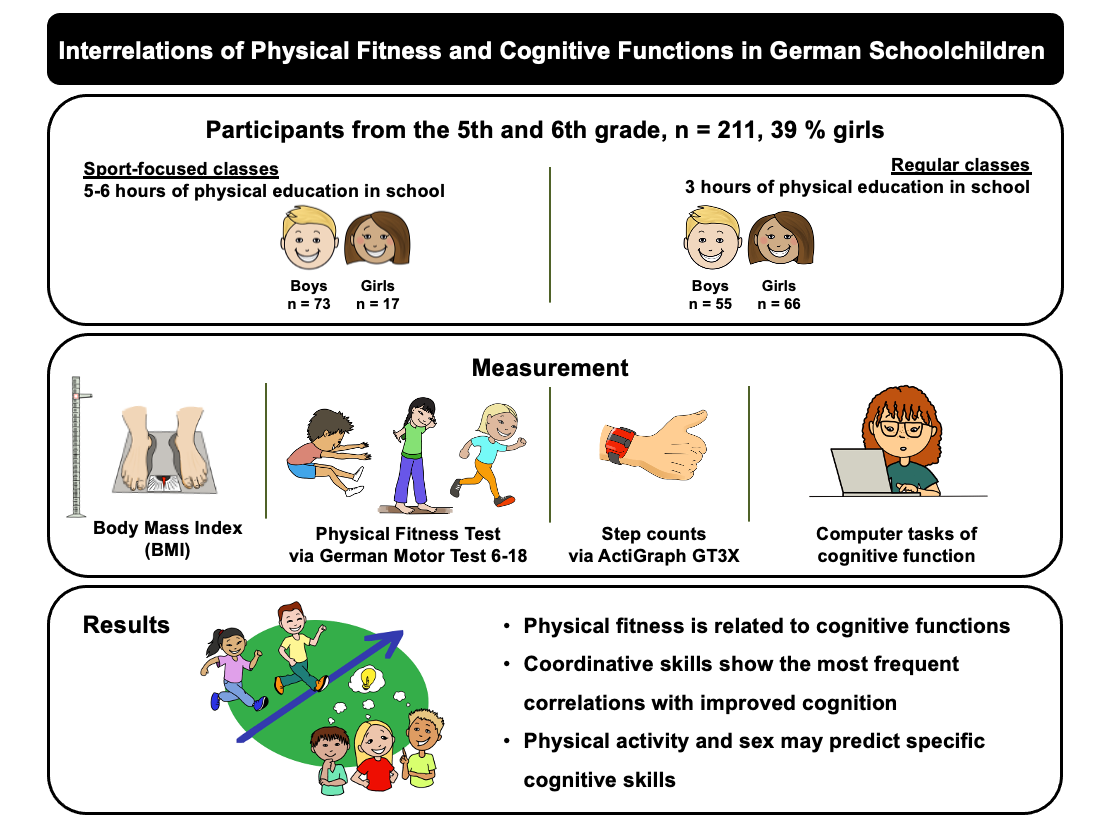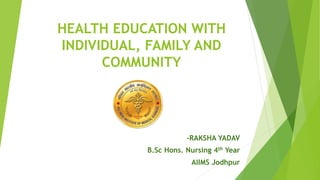
Fueling Knowledge: Essential Nutrition Education for Wellness
Nutrition education plays a pivotal role in fostering a healthy and informed society. This article explores the crucial aspects of nutrition education, emphasizing its impact on overall wellness and providing insights into how individuals can make informed dietary choices for a healthier lifestyle.
Understanding the Foundations: What is Nutrition Education?
Nutrition education goes beyond merely understanding the nutritional content of foods. It encompasses the knowledge and skills needed to make informed decisions about one’s diet. From understanding food groups to interpreting nutritional labels, nutrition education lays the foundation for a well-balanced and nourishing lifestyle.
The Link Between Nutrition and Health: A Holistic Approach
Nutrition is intricately linked to overall health, influencing not only physical well-being but also mental and emotional wellness. Nutrition education adopts a holistic approach, emphasizing the interconnectedness of food choices with aspects like energy levels, mood, and the prevention of chronic diseases. It empowers individuals to view food as a source of both nourishment and preventive medicine.
Promoting Healthy Eating Habits: Practical Tips for Individuals
One of the primary objectives of nutrition education is to promote healthy eating habits. This includes understanding portion control, incorporating a variety of fruits and vegetables, choosing whole grains, and balancing macronutrients. Education provides practical tips that individuals can integrate into their daily lives, fostering habits that contribute to long-term well-being.
Navigating Nutrition Labels: Decoding the Information
Understanding nutrition labels is a crucial skill in making informed food choices. Nutrition education guides individuals in decoding these labels, enabling them to assess the nutritional content of packaged foods. This knowledge empowers consumers to choose products aligned with their dietary goals and preferences.
Dietary Guidelines: Translating Recommendations into Action
Nutrition education often aligns with established dietary guidelines that offer recommendations for healthy eating. These guidelines, tailored to specific populations, serve as roadmaps for individuals seeking to improve their diet. Education transforms these recommendations into actionable steps, making healthy eating accessible and achievable for everyone.
Addressing Dietary Myths: Separating Fact from Fiction
In a world filled with dietary myths and misinformation, nutrition education serves as a reliable source of evidence-based information. It equips individuals with the skills to discern between nutrition facts and fads, enabling them to make choices based on scientific evidence rather than popular trends.
Specialized Nutrition Education: Tailoring Knowledge to Individual Needs
Beyond general dietary guidelines, nutrition education can be specialized to address individual needs. This includes considerations for different life stages, dietary restrictions, or health conditions. Tailoring nutrition education ensures that individuals receive personalized guidance that aligns with their unique circumstances and goals.
The Role of Schools and Institutions: Shaping Healthy Habits Early On
Incorporating nutrition education into school curricula and institutional programs is pivotal. Early exposure to nutrition education instills healthy habits from a young age, shaping lifelong dietary choices. Schools and institutions play a crucial role in providing a solid foundation of nutritional knowledge that students can carry into adulthood.
Promoting Nutrition Literacy: Empowering Communities
Nutrition education extends beyond individuals to communities. By promoting nutrition literacy, education becomes a tool for empowering entire communities to make healthier choices. Workshops, seminars, and community initiatives contribute to a collective understanding of nutrition and foster a supportive environment for well-informed dietary decisions.
Nutrition Education: A Gateway to Healthier Living
For additional insights into the impact of nutrition education on wellness, explore Nutrition Education. This comprehensive resource offers a wealth of information, resources, and tools to enhance your understanding of nutrition and support your journey toward a healthier lifestyle.
In conclusion, nutrition education serves as a guiding light in the journey toward healthier living. By providing essential knowledge, practical tips, and debunking myths, it empowers individuals and communities to make informed choices about their diet. Investing in nutrition education is an investment in long-term well-being, fostering a culture of health and vitality.






